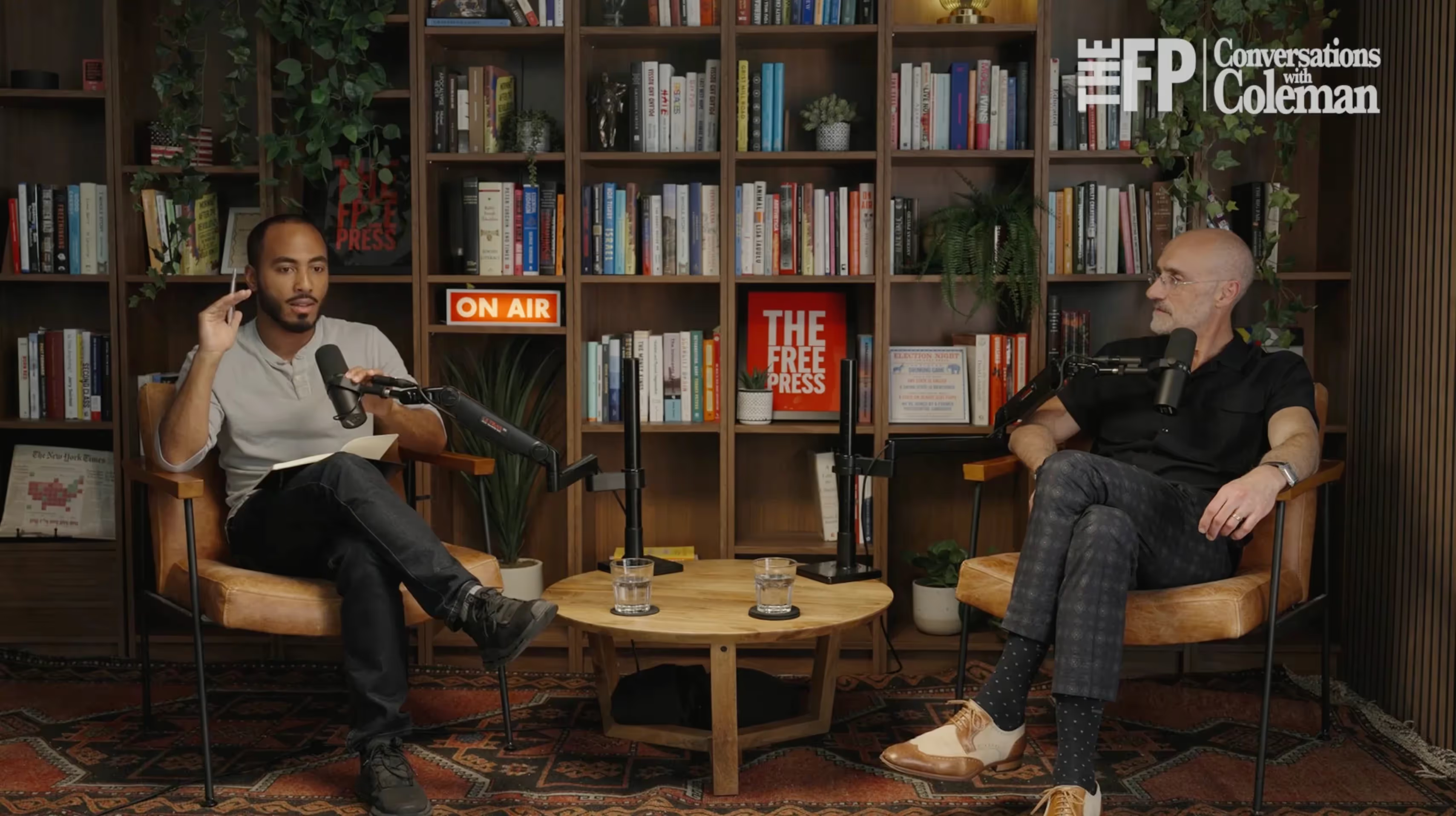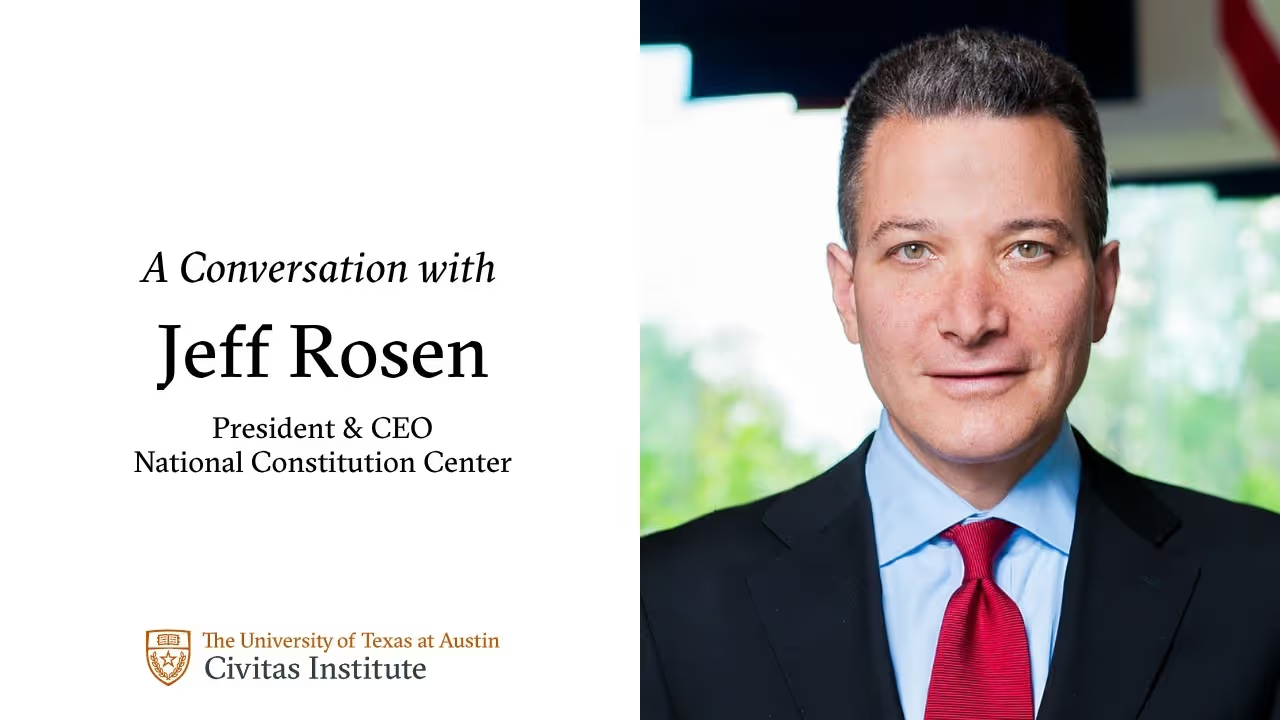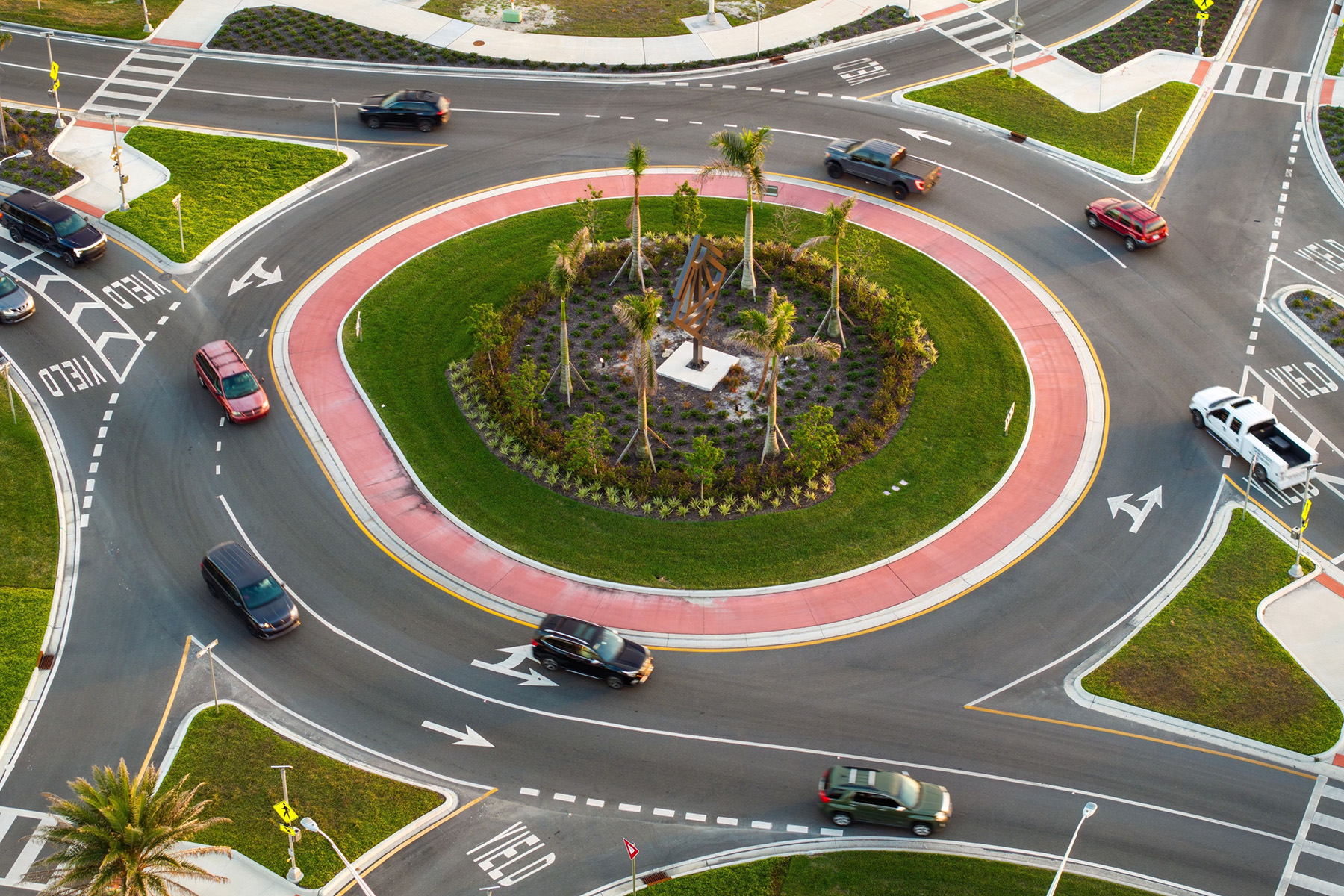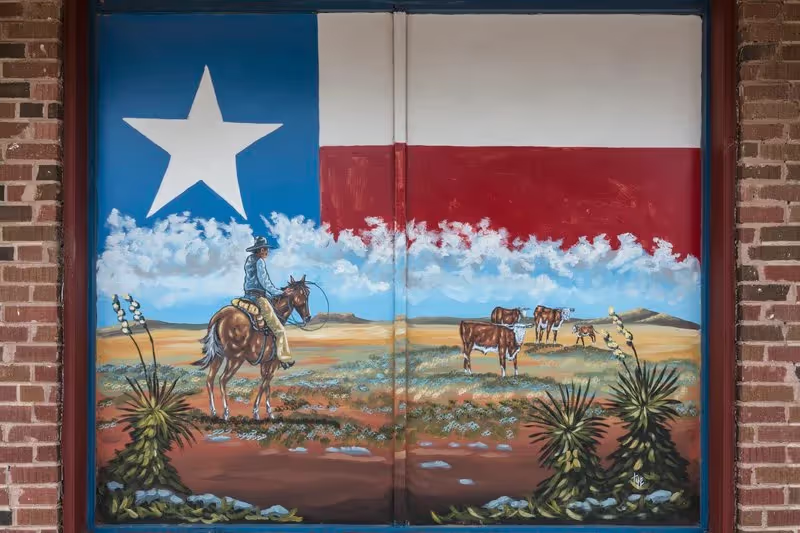
The Lone Star State Is Soaring
America's future will be made in Texas.
The United States is a misnomer. Despite its title, our republic has rarely been united, instead hosting an endless gladiatorial contest between different states and regions. In the early 19th century, New York and New England struggled for supremacy against the Virginians and their empire of cotton. Gotham then took the field against the Chicago stockyards, before losing out to those upstarts in California. And now, the West Coasters are themselves under attack: from the Lone Star State.
Texas today is irrepressible. If the numbers are right, it could soon pass California and become America’s most populous state. Texas is also the nation’s second youngest state, even as it enjoys higher net migration than any of its peers. Tellingly, many new arrivals are exiles from the Golden State. This buoyancy isn’t hard to understand. Shaking off its reactionary heritage, Texans now wallow in progress, building more and making more than anyone else, with some boozing and dancing as they go. At its best, in fact, this blend of high-tech growth and gentle multiculturalism could yet rebuild America — if, that is, its worst conservative instincts can be repressed.
In a sense, Texan success within the United States is ironic. After declaring independence from Mexico, in 1836, it enjoyed a reputation as a place to “flee” the tyranny of Washington. By the time it joined the union, nine years later, the 28th state was dominated by planters and ranchers, groups that eagerly embraced both slavery and the Confederacy. After losing the Civil War, Texans were left bitter and impoverished, their natural bounty in hock to far-off Northern bankers. To quote Wilbert “Pappy” O’Daniel, governor and then senator in the Forties, Texas had become “New York’s most valuable foreign possession”.
Continue reading the entire essay here at UnHerd.
Joel Kotkin is a senior research fellow at the Civitas Institute and a presidential fellow in urban futures at Chapman University.
Pursuit of Happiness
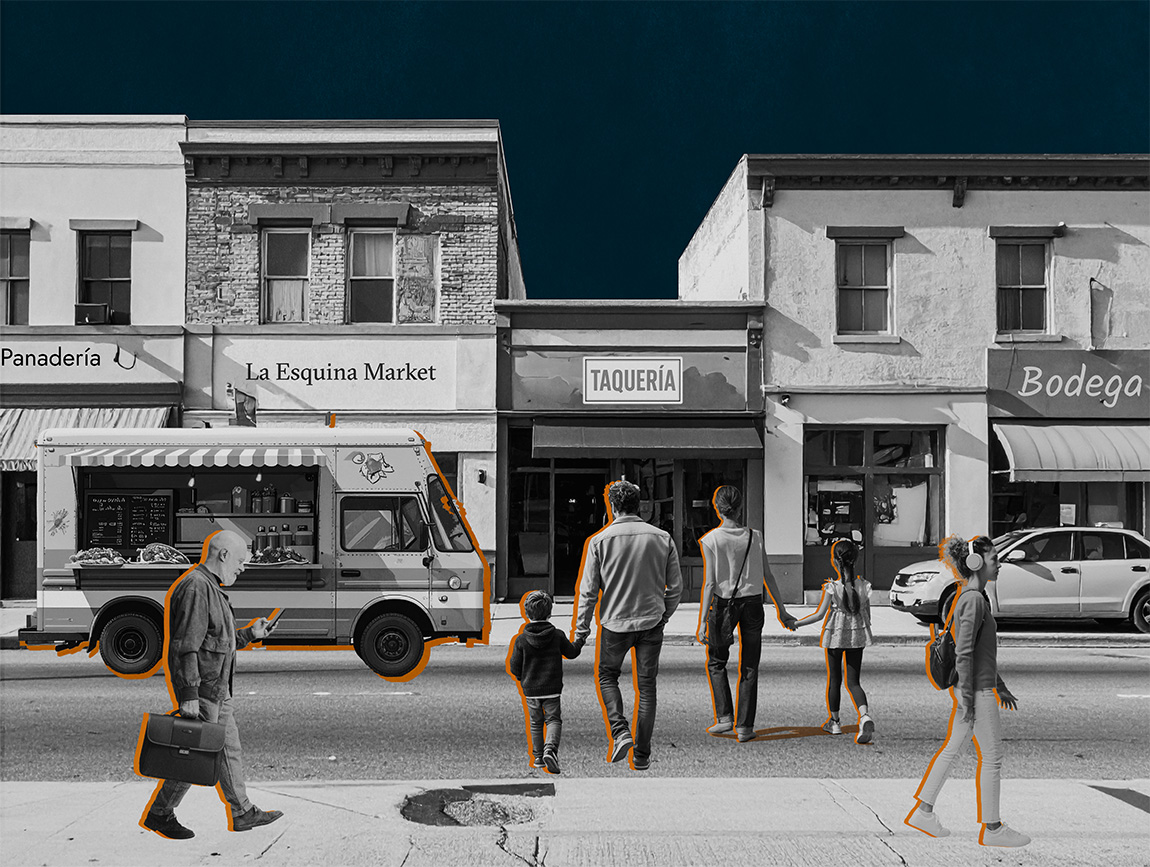
The Rise of Latino America
In The Rise of Latino America, Hernandez & Kotkin argue that Latinos, who are projected to become America’s largest ethnic group, are a dynamic force shaping the nation’s demographic, economic, and cultural future. Far from being a marginalized group defined by oppression, Latinos are integral to America’s story. They drive economic growth, cultural evolution, and workforce vitality. Challenges, however, including poverty, educational disparities, and restrictive policies, threaten their upward mobility. Policymakers who wish to harness Latino potential to ensure national prosperity and resilience should adopt policies that prioritize affordability, safety, and economic opportunity over ideological constraints.

Richard Epstein on Roman Law and Sociobiology
How and why Roman law worked, how it eventually fell apart, and sociobiology as a way to explain the foundations and limits of legal norms.
.jpg)
The False Equivalence of Multicultural Day
Parents have an affirmative obligation to reinforce patriotic values and counter the narratives that are taught in school.
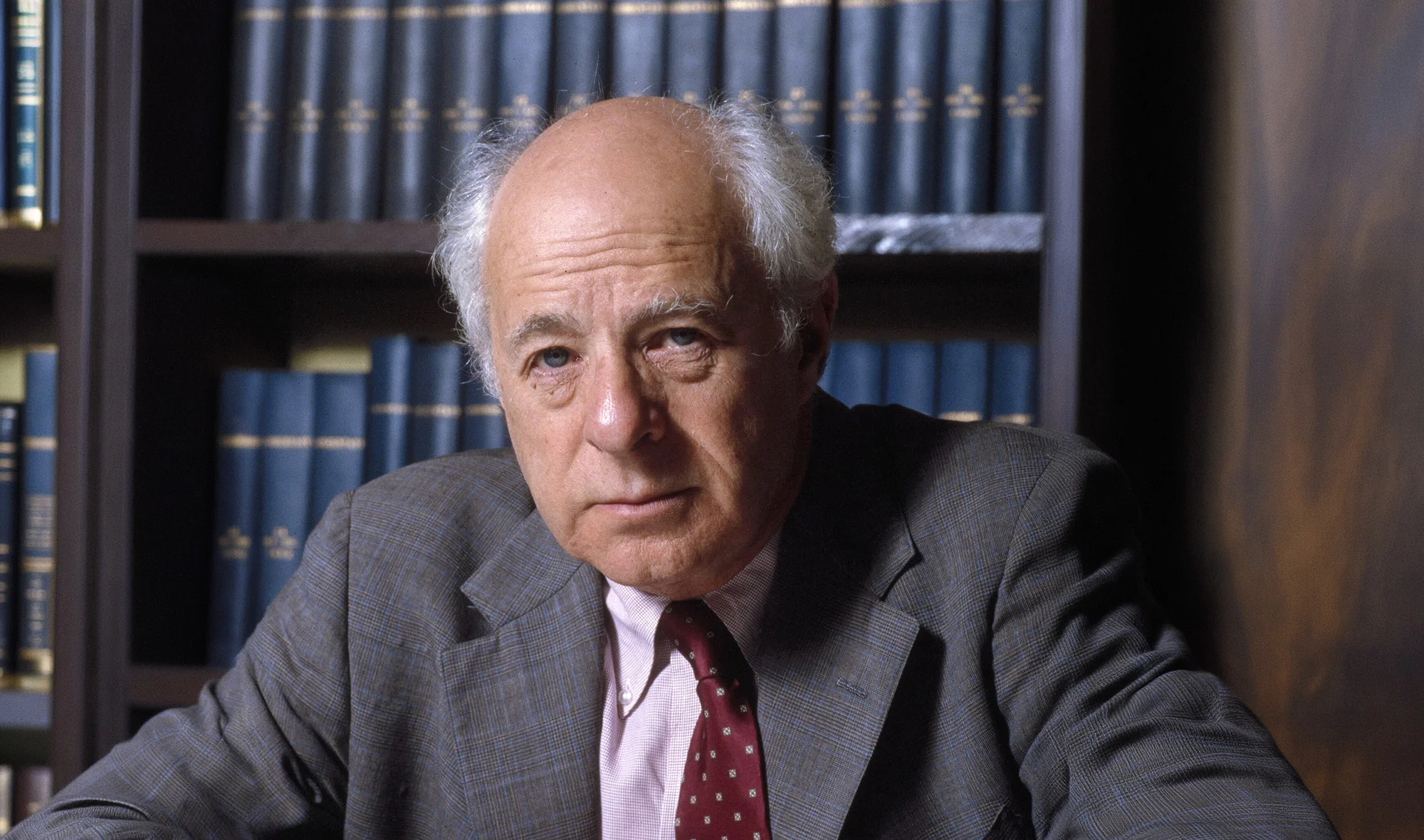
Norman Podhoretz: American Patriot, Faithful Jew, and Indomitable Defender of Civilization
Podhoretz never turned on the promise of America.










